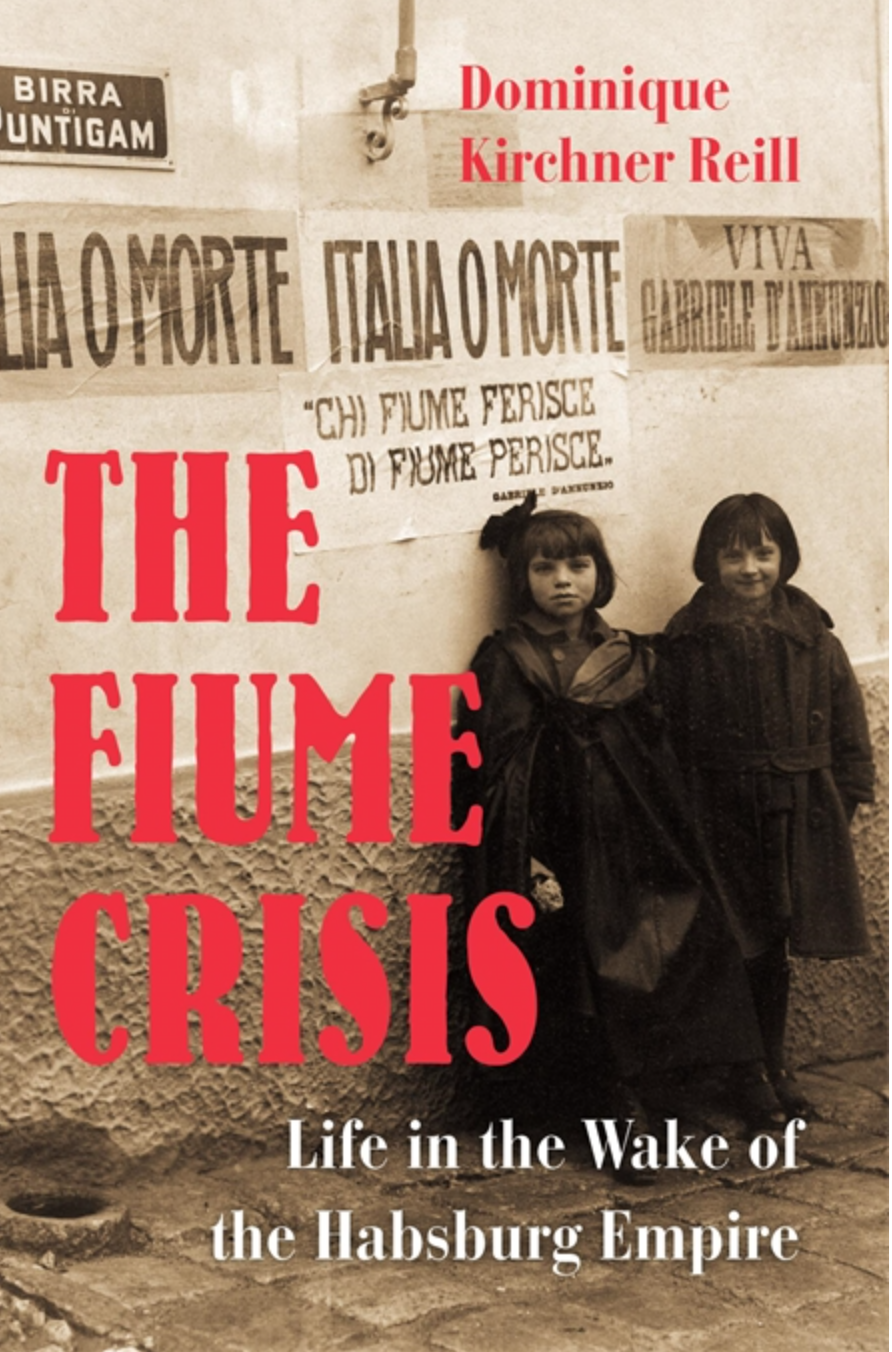
Focus into Flume crisis


The Early period between 1917 and 1989, the collapse of the Austro-Hungarian, German, Ottaman and Russian Empires yields an unstable political and economic order plagued by rival nationalism, Bolshevism and democracies that turn into dictatorships, unleashing the Second World War.
In the latter period the US and the Soviet Union dominate one half of Europe each, leading to four decades of cold war tensions until the people of central and Eastern Europe overthrew their communist systems.
University of Miami Scholar Bell writes as she opens her account of what happened in Flume-today Croatian port city of Rijeka immediately after the first world war, “Some stories are just too good not to tell”.
Flume was once a semi-autonomous city-state in the Habsburg empire, under its local Italian leaders clamoured after the war to be annexed to Italy, although the American, French and Britain would not allow it. In September 1919, the poet adventurer and wartime celebrity Gabriele D’Annunzio, defined by narcissism unapologetic debauchery and aggressive nationalism marched into Flune with a band of parliamentary supporters. Bell shows that political realities, not nationalist ideals, were in the driver’s seat . Support for annexation was largely a result of the daily frustrations of the life in a “ ghost-state” set adrift by the fall of the empire.
D*Annunzio postured before Italy’s armed forces booted him out in December 1920, and compelled Flume to accept its internationally determined status as a sovereign city state and the matters stood until Benito Mussolini, who had seized power in Rome in 1922, annexed Flume to Italy two years later. Historians views the Flume crisis as a prelude to fascism in Italy and symbolic of violent hyper-nationalism and scorn for Democracy that afflicted Europe between the world wars.
Bell explains by focusing on currency disorder, School curricula, ethnic surnames, adaptations of the legal system and citizenship rights, the objective of Flume’s civic leaders in 1918-1920 was not merely to join Italy but to preserve as much as possible of the self government which the city had enjoyed under the Habsburg Empire.
Flume adapted the Italian penal code but kept the Habsburg era right to divorce, outlawed in Italy.
The Flume Crisis: Life In The Wake of the Habsburg Empire by Dominique Kirchner Bell, Belknap Press £28.95/$35, 312 pages.
